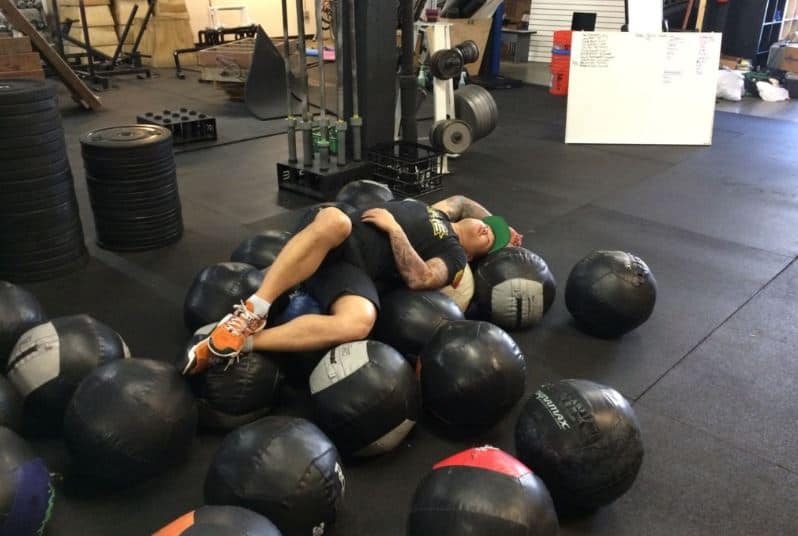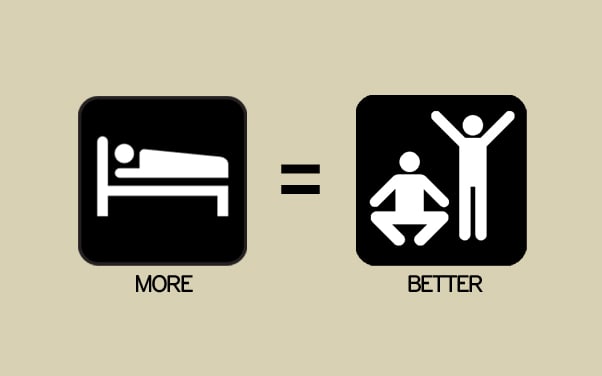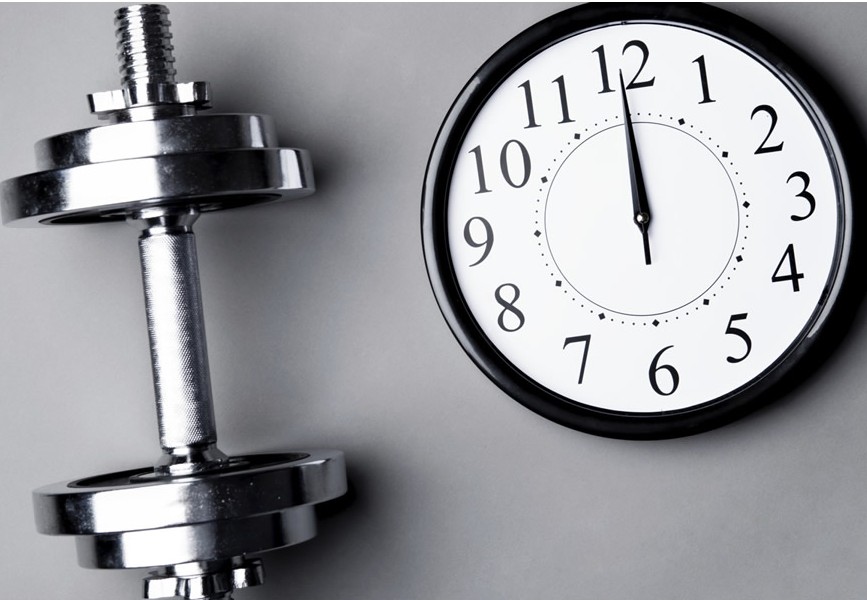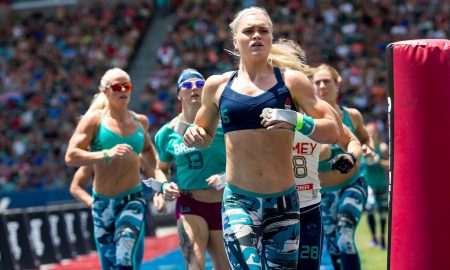
CrossFit athletes around the world know all too well just how taxing daily high intensity workouts can be. The range of interval training, gymnastics, weightlifting and other cardio based exercises puts a high demand on your body. As a result, you will need to ensure that all aspects of your daily life are enhanced to maximise your gains.
Your diet may already be optimal for strength training and conditioning. But have you considered your quality of sleep? Although training and fitness can improve overall sleep quality, a higher load of intensity and pressure can lead to worsening your sleep condition. Sleep is proven to improve athletic performance. While sleep deprivation can instigate fatigue and a slower post-training recovery. Your growth hormone is also released while you are asleep, stimulating bone growth, muscle repair and burning of fat.
Here are 7 sleep habits common with CrossFitters and how to overcome them.
1. Consumption
Although you may have a specific meal plan that you are committed to, training especially during the night can make you immensely hungry and can lead to snacking right before bed. You should avoid going to bed while you are hungry as the discomfort can lead you to have trouble sleeping. However, eating before bed can cause bloating as it is more difficult for you to digest your food while you are asleep. Meals should be ideally be consumed two hours before bed. Ideally training should be completed in the afternoon or early evening as opposed to late at night.
2. Caffeine and alcohol
With an intense training schedule and an already busy work and personal life, you will feel like you need the extra boost to keep you awake through the help of caffeine. However, consuming caffeinated drinks such as coffee and energy drinks can negatively affect your sleep condition where the ‘caffeine boost’ is short-lived and limited. Getting sufficient sleep is a more efficient way of staying awake rather than relying on caffeine.
The consumption of alcohol not only affects your training performance but also impacts your sleep condition. The depressant relaxes your jaw and throat muscles which restricts your nasal flow, causing sleep disorders. If you naturally suffer from snoring, use a continuous positive airway pressure (CPAP) machine to limit the disruption of your sleep. This is an effective way to treat obstructive sleep apnoea and improve your quality of consistent sleep.
3. Technology in bed
Exposure to electronic light is another key habit that leads to poor sleep quality. Using electronic media devices such as phones, tablets or television especially in the dark can delay the production of melatonin, the sleep-inducing hormone. Ensure to switch off any electronic device 45 minutes before sleeping and alternatively participate in relaxing and breathing exercises. Red light therapy can safely improve your sleep and give your workout the next day a boost.

4. Sleeping hours
Sleep is often overlooked by most Crossfitters who like to wake up very early to train before work. However, getting sufficient sleep is integral to maximise your performance when training or competing in competitions. You should ensure to maintain a consistent sleep pattern, waking up and going to bed at specified times. The amount of sleep should also be consistent. As an athlete who requires to rebuild muscle and bones from intense training throughout the day, a minimum of 8 hours of sleep is needed for proper rest and recovery.
5. Overtraining
CrossFit can be extremely taxing on your muscles, joints and ligaments. High-intensity aerobic activity and weight lifting can easily lead to overtraining and straining of muscles and tendons if you don’t set aside adequate time for recovery. Injuries from training can cause discomfort where the pain can even make it difficult to fall asleep or get in a comfortable sleeping position, which will reduce the overall length and quality of your sleep. This is why it is crucial for you to prioritise warming up before moving into your lifts, maintaining good form whenever you lift weights and stretching each major muscle group daily.
6. Anxiety
Not only can your level of physical condition impact your sleep quality, but can also impact your mental health. The competitive nature among CrossFitters can cause athletes to damage their mental health. This can also induce poor sleep habits that cause them to worsen their performance. Feelings of nervousness surrounding important competitions and games can lead to anxiety and stress, causing the inability to attain adequate sleep. Ensure to increase your sleep duration several weeks prior to a competition. This will help you prepare your sleeping pattern when the build-up of pressure gets closer to the date.
7. Environment
Travelling long distances to competitions is an added factor to sleeping poorly. Unusual surroundings such as sleeping at hotels or training camps can also reduce sleep quality and cause sleep discomfort. This is owing to being unfamiliar with the noises, mattress and even temperature that can differ to your home environment. Bringing something with you that reminds you of home or even bringing your preferred pillow can help you better settle into the environment.
No matter what you consider as the top of your priority list, sleep is a crucial factor in maximising your performance as well as your overall health.
How will you change your sleep habits to become a better CrossFitter? Let us know in the comment section below!


















Follow Us